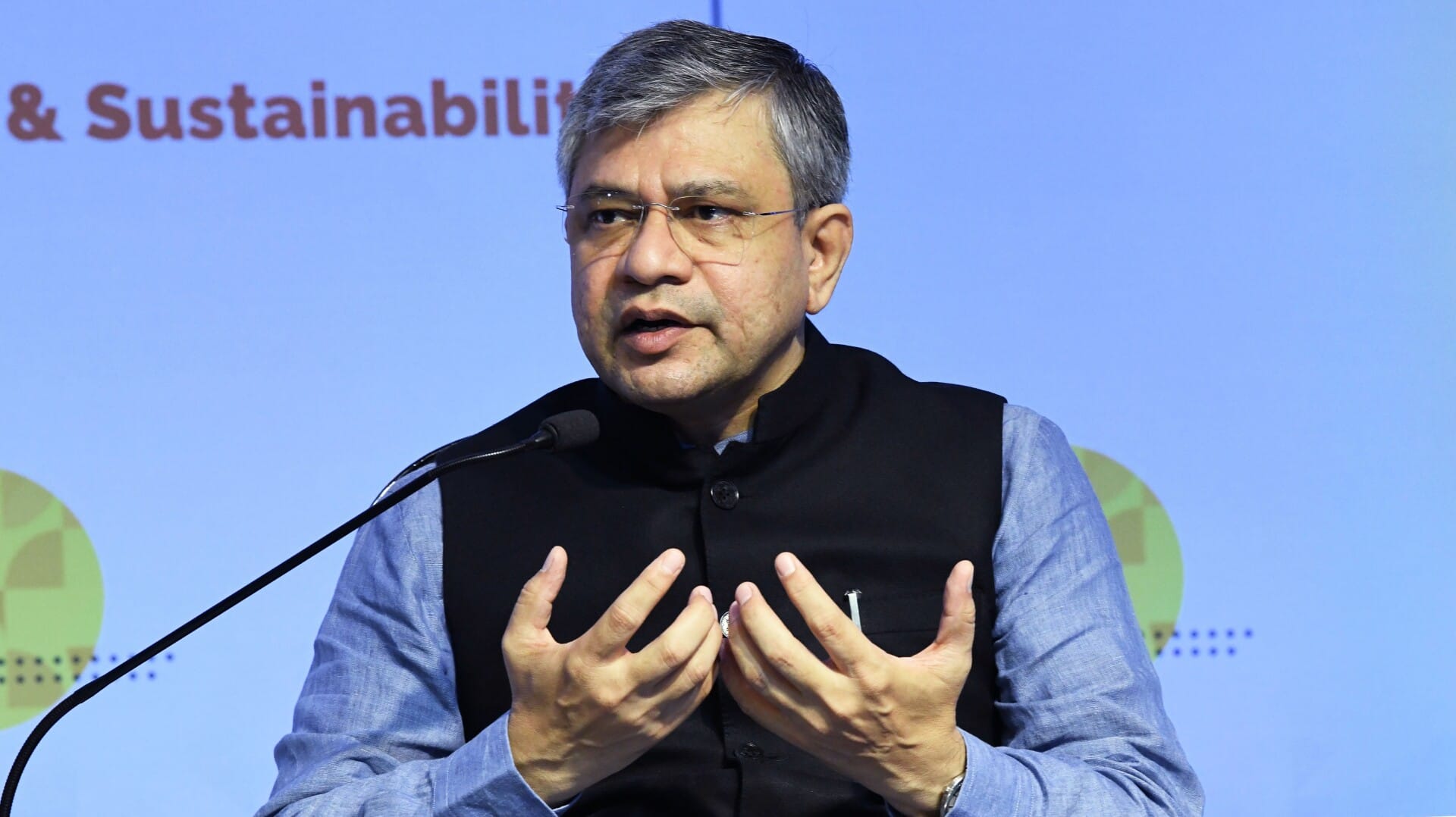
Government approves construction of 12 industrial smart cities across India
What's the story
The Indian government has approved a massive project to construct 12 industrial smart cities across 10 states under the National Industrial Corridor Development Programme.
Information and Broadcasting Minister Ashwini Vaishnaw announced that the project, worth ₹28,602 crore, aimed at transforming India's industrial landscape.
These smart cities will be established along six major industrial corridors in the country.
Locations
Smart cities to be established in 10 states
The industrial smart cities will be located in Khurpia (Uttarakhand), Rajpura-Patiala (Punjab), Dighi (Maharashtra), Palakkad (Kerala), Agra and Prayagraj (Uttar Pradesh), Gaya (Bihar), Zaheerabad (Telangana), Orvakal and Kopparthy (Andhra Pradesh) and Jodhpur-Pali in Rajasthan.
The location for the 12th city has not been disclosed due to the model code of conduct following assembly elections announcement, but it is speculated that it could be either Haryana or Jammu & Kashmir.
Employment boost
Smart cities project to create 10 lakh jobs
The smart cities project is expected to transform India's industrial landscape by creating a robust network of industrial nodes and cities.
It is also anticipated to generate employment opportunities for nearly 10 lakh people directly, and create an additional 30 lakh jobs indirectly.
"Today, manufacturing activities from all over the world are shifting to India. Be it electronics manufacturing, mobile manufacturing or defence manufacturing...These corridors and these industrial area projects will accelerate that shift," Vaishnaw said at a Cabinet briefing.
Innovative design
Smart cities to be built with 'plug-n-play,' 'walk-to-work' concepts
The government plans to construct these smart cities using innovative "plug-n-play" and "walk-to-work" concepts.
These hubs are expected to become transformative growth centers, driving regional economic development.
The projects align with the PM GatiShakti National Master Plan's focus on integrated and seamless multi-modal connectivity.
The industrial nodes will also act as catalysts for achieving $2 trillion in exports by 2030, reflecting the government's vision of a self-reliant India.
The investment potential of this project is estimated at ₹1.52 lakh crore.